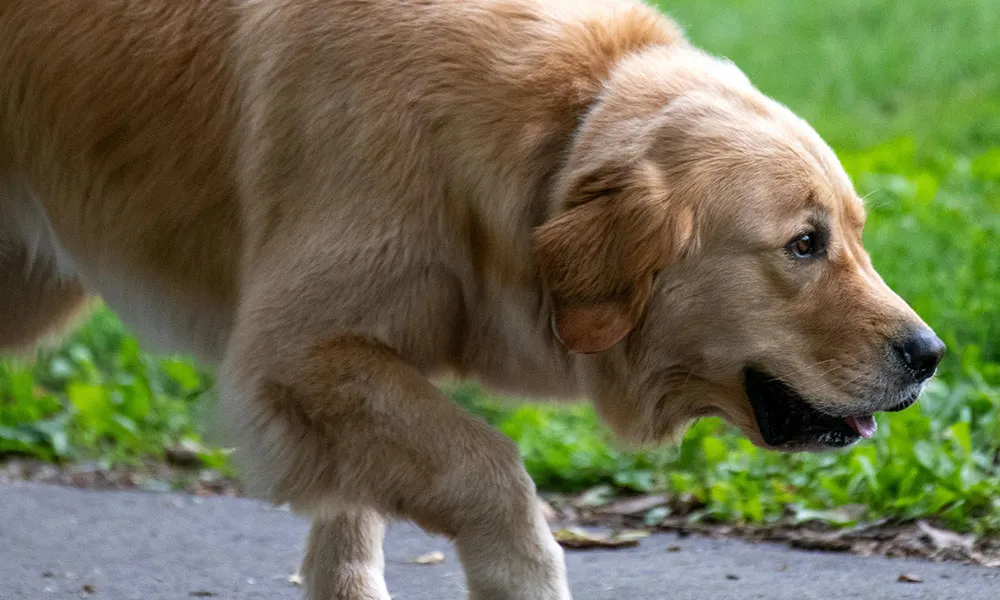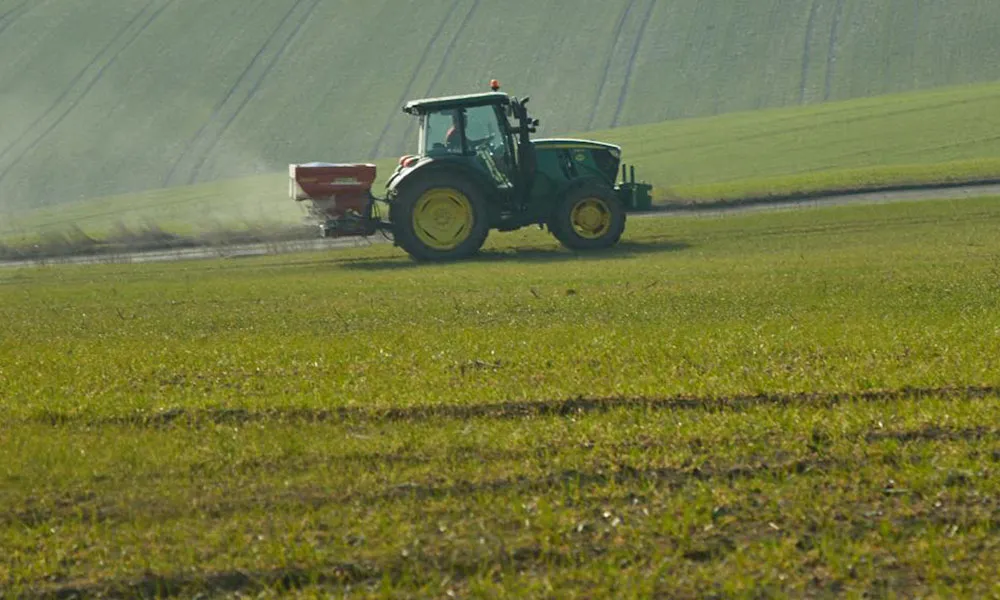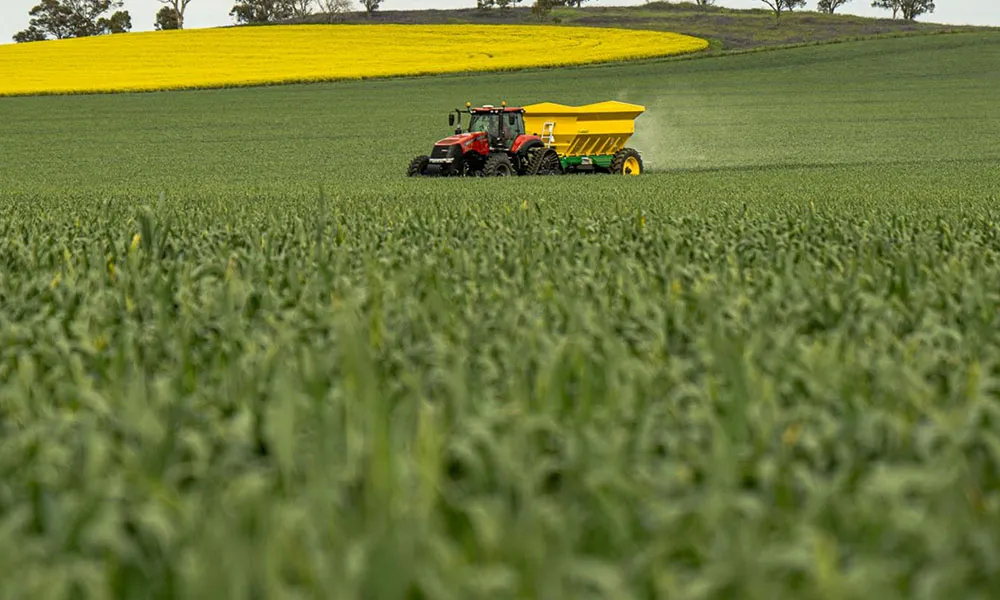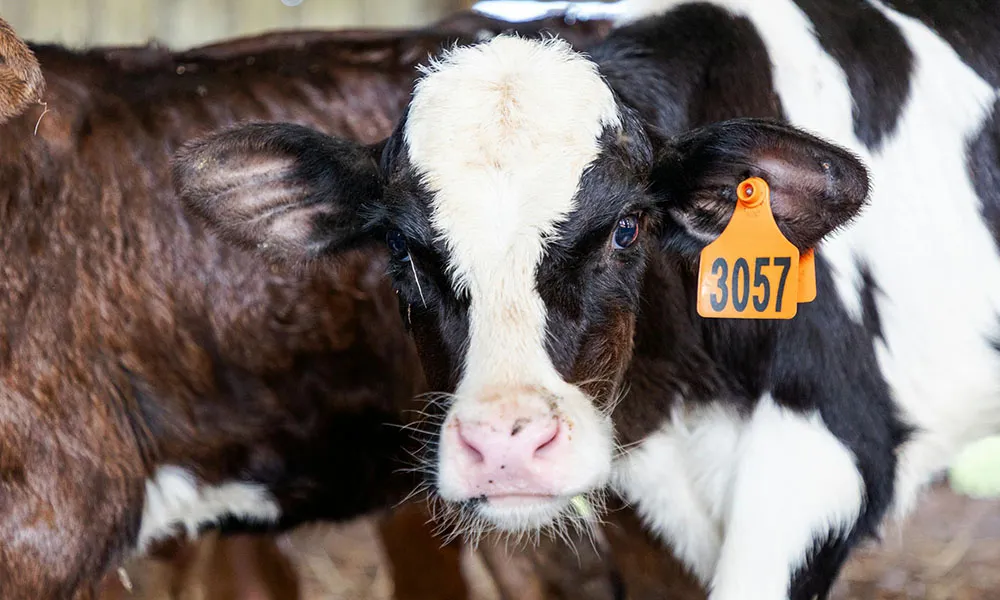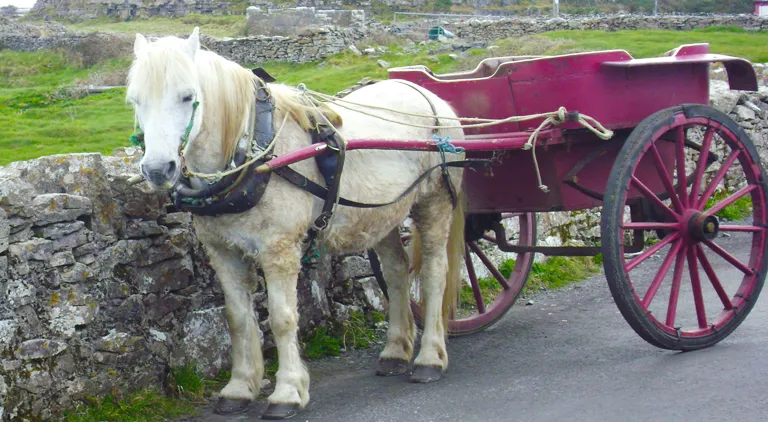
Although many of us rural dwellers don’t like it, the new Shane Ross drink driving bill has been brought about with the aim of saving lives. As a result it is very difficult to argue against without looking reckless, as the Healy Rae brothers discovered.
The facts as stated by Minister Ross show that 38% of road accidents are as a result of drunk driving. Taking the 158 road deaths in 2017 that is 60 deaths in one year that could have been avoided if people were more responsible when it comes to alcohol consumption and driving.
If we were more responsible when it comes to this issue then there would be no need for laws to force us to be; it is as simple as that. However, no matter how poorly they articulate it, the Kerry TD’s also have an argument that should be listened to. Rural isolation is a huge issue in many parts of the country and with suicide rates being twice that of road deaths in the past number of years, and studies showing that isolated farmers are some of the most vulnerable; this is also a serious issue that needs to be looked at by the government.
Of course it is dangerous to drink and drive and this should be discouraged, but by cutting people off from the one place they can meet up with friends without having alternatives in place is equally dangerous. Politicians seem out of touch with just how isolated some members of our community are.
There are older people living in the country who have very few places where they can meet and interact with their communities outside the local pub and if you are going to make this option more difficult you need to have alternatives in place. The proposed “Drink Link” buses being rolled out are too few and in only in select areas on a trial run. In addition I can’t see it lasting as it will, I fear, once again come down to cost.
So maybe it is time to return to the good old reliable horse. Sure don’t we love the old timey things out in the country? I think it could be a great solution; no hazard from drink driving as such, a group of locals could take it in turn to bring a cartload of people to the local for one or two, and the journey would give the passengers that much time to chat on the road.
That’s not to mention the boost it could bring in tourism. Tourists love to think of Ireland as the “old Country” and watching a bunch of older locals heading to the pub in the back of a cart, or a drunken bunch of old timers singing on their way home through the town, would give them so much fodder for their Instagram accounts.
The government could offer every local community the funds to buy a couple of good cart horses. It would be much more cost effective in the long run than their proposed “drink link” bus. It could help create a new sense of community as well as being less insulting for the people that see the buses as “something to shut the Culchies up by letting them drink their troubles away”, rather than the real and immediate issue it is.
What the politicians fail to see is that it’s not simply about being able to get back from the local. That is only the tip of the iceberg for older people suffering from isolation in our rural communities. With local post offices closing down they have to travel further to collect the pensions, leaving many driving further than they are truly comfortable with, in a car they are struggling to afford.
This is only something I discovered when an older member of the community came to ask me to submit to the recent loneliness taskforce on his behalf. He didn’t know how to use a computer and wished me to highlight his plight of trying to get insurance for his old car. The companies all tell him they can’t insure a car that old, and as a result he’s stuck with a company that is increasing his insurance to a cost he can’t meet; purchasing a newer car is not an option on his pension. He is seriously worried that if his insurance rises again he will have to stop using his car altogether and will be left totally alone. Despite assurances that if this happened the community would be more than happy to offer lifts, he remained worried, and I can see why. He lives quite a way from other neighbours and there is very little chance of a bus service coming to the area, because whatever they say it’s just not viable to travel so far off the main road for one man.
With his car this man has freedom and can choose when he gets out to meet people. Without that freedom his interactions with others would be out of his hands; and no one else can know when he needs to talk; when he’s feeling lonely.
Because of this I began to think the horse might not be such a bad idea after all. He would still have the control to get out and about, taking into account his insurance, tax and fuel costs would probably end up cheaper. It would also be company when he is on his own.
Of course there is a glaring problem with going back to the horse as our means of transport in the modern era. If you look around the more remote homes in the countryside you will likely see traces of old derelict cottages all around. There was a whole community in a much closer area with a local shop, post office and possibly pub all a short horse ride away.
Nowadays the post office is closed, centralised to the bigger town, the shop is gone and so are most of the local pubs. Even many of the smaller towns are even struggling with many items, such as clothing, not available, requiring a journey to a county town or even the city. To get to any of these amenities more than once or twice a week would be beyond a horse in many areas.
Our rural communities are shrinking and it is going to take more than a safe means of travel to the pub to help it survive. We need a plan to decentralise our amenities because although it might be saving money it’s losing us lives and communities.
RGA




